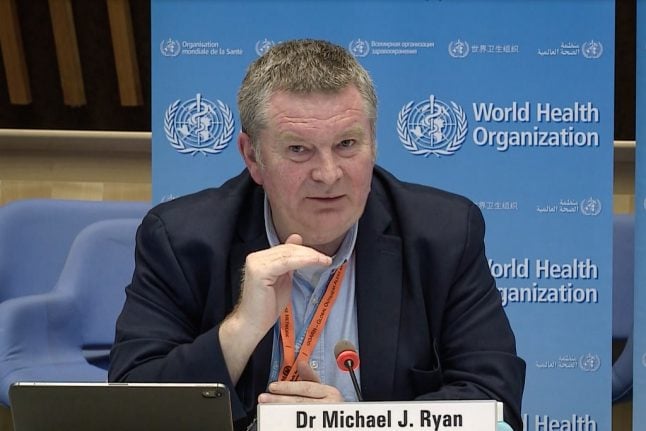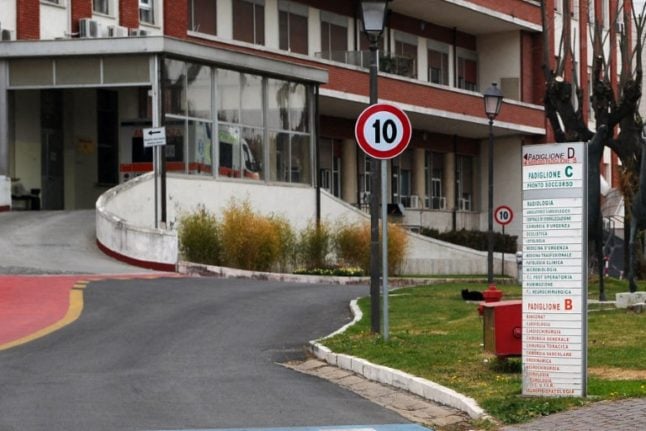“In reality, the virus clinically no longer exists in Italy,” Alberto Zangrillo, head of the San Raffaele Hospital in Milan, had said in an interview on Rai television on Sunday.
“The swabs performed over the past 10 days have showed a viral load that is absolutely infinitesimal in quantitative terms compared to those carried out a month or two months ago,” he said.
“Someone has to take responsibility for terrorising the country”, added Zangrillo, who has also been a personal doctor to former Italian prime minister Silvio Berlusconi for around 30 years.

Italian doctor Alberto Zangrillo, whose claims sparked a row on Monday. File photo: AFP
His words prompted cries of disbelief from other Italian health experts, and a public warning from the government.
“Pending scientific evidence to support the thesis that the virus has disappeared, I would invite those who say they are sure of it not to confuse Italians,” health ministry undersecretary Sandra Zampa said in a statement.
The Italian government is urging caution as the country prepares this week to restart travel: the next big step in easing the national lockdown imposed three months ago
.READ ALSO:
The WHO's Ryan, an expert epidemiologist, spelled out the dangers in believing that the virus is becoming less potent.
“New viruses in human populations can do one of two things: they can evolve and become less pathogenic, or sometimes they can become even more pathogenic,” he explained.
Ryan said it was not in the interests of the virus to kill everyone it infected because it could survive better if it can keep transmitting between people.
“We need to be careful: this is still a killer virus,” he said.
Ryan detailed a possible explanation for what Zangrillo claimed he had observed.
“It may, in some ways, have something to do with the dose and length of intensity of exposure,” he explained.
In other words, the absolute amount of virus you're exposed to can determine how severe, ultimately, your illness can be.
“That has been proven with other diseases; we don't know that that's the case for COVID-19.
“It may not be that the virus itself is becoming less potent: it may be that we are, as a community, successfully reducing the number, intensity and frequency of exposure to that virus.
“On the face of it, the virus then looks weaker – but it may be weaker because we're doing better, not because the virus is weakening.”



 Please whitelist us to continue reading.
Please whitelist us to continue reading.
Member comments